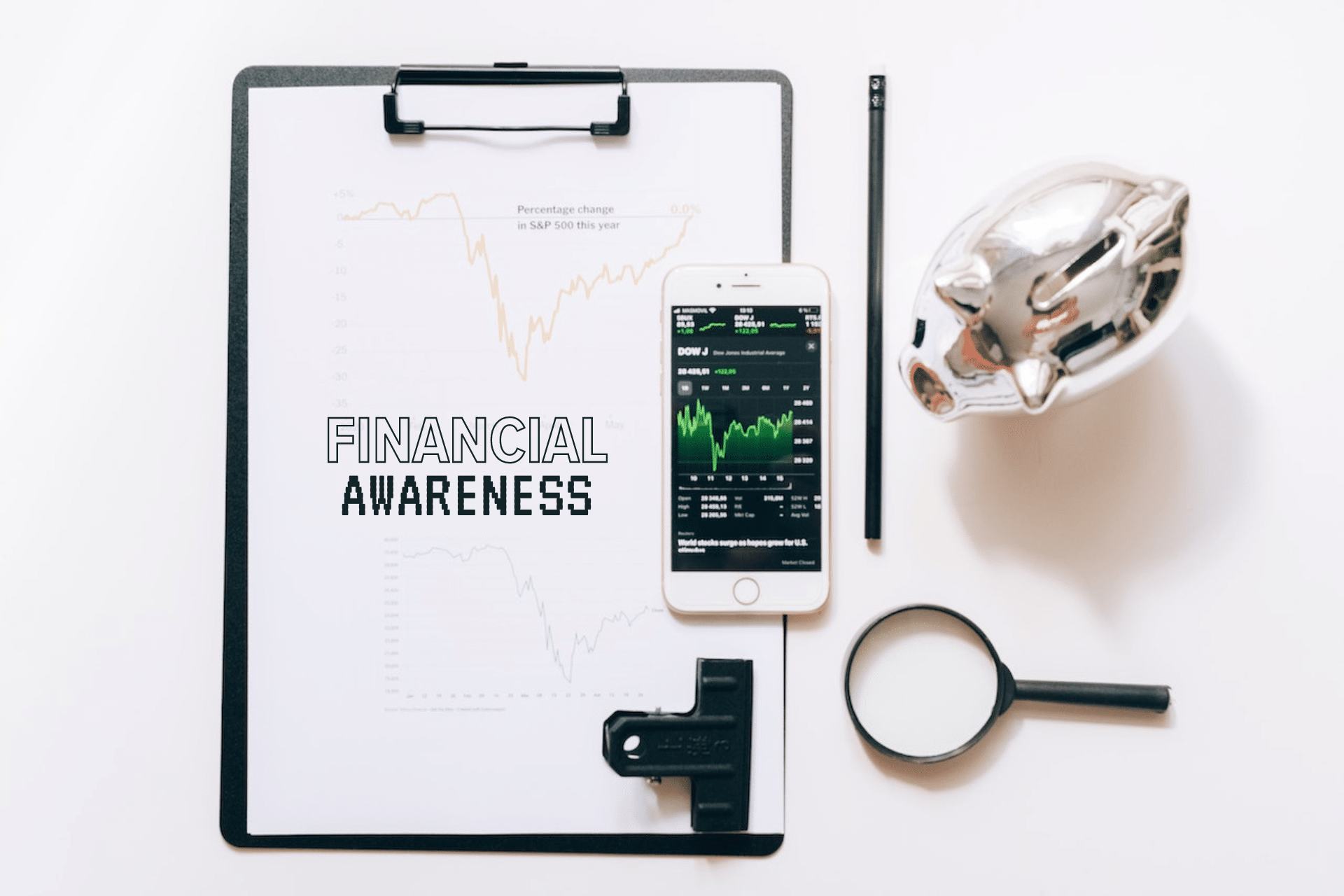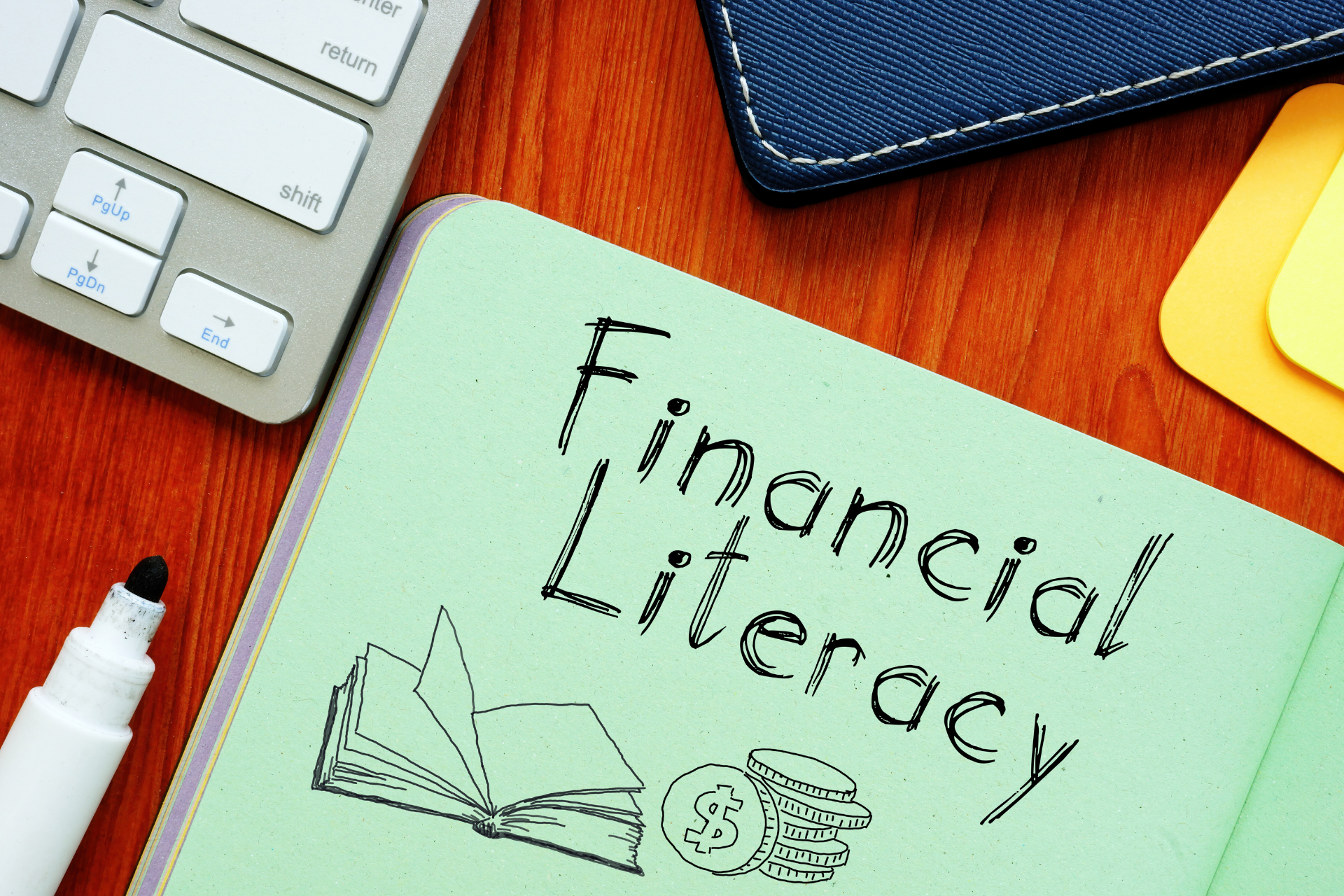The primary goal of financial awareness is to establish and maintain healthy financial habits. Financial awareness aims to help people understand things such as budgeting, setting financial goals, making informed investment decisions, interest rates, managing debt, and saving and planning for retirement.
Fall is a great time to take proactive steps toward learning and understanding the basics of personal finance. Financial education classes, webinars, interactive tools, and one-on-one counseling sessions are often made available by financial institutions, non-profit organizations, employers, and government agencies. These events enable individuals to learn, use available resources, and increase community financial literacy.
This season, take advantage of the resources available to you to enhance your financial knowledge. Reach out to your financial and insurance professional to set a financial wellness check-up, review spending habits, assess your current financial situation, and plan for future financial goals.
Financial awareness is more than balancing a checkbook or understanding your salary. It’s about acquiring the necessary tools and knowledge to make financial decisions today that may impact your financial future. Knowing how to navigate the financial landscape is more valuable than ever in a world with prevalent economic uncertainties. Here are some things that financial awareness can help individuals establish:
- Saving
- Participation in the broader economy
- Investing for goals
- Financial freedom
- Responsible credit usage
A lack of financial awareness may result in poor money management, debt, bankruptcy, and economic insecurity. However, having financial awareness may prevent these unfortunate outcomes. Remember, financial freedom doesn’t come automatically – it’s a continuous process of learning, adapting, and making intelligent financial decisions as one works toward their goals.
SWG3112572-0923d The sources used to prepare this material are believed to be true, accurate and reliable, but are not guaranteed. This information is provided as general information and is not intended to be specific financial or tax guidance. When you access a link you are leaving our website and assume total responsibility for your use of the website you are linking to. We make no representation as to the completeness or accuracy of information provided at this website. Nor is the company liable for any direct or indirect technical or system issues or any consequences arising out of your access to or your use of third-party technologies, websites, information and programs made available through this website.





